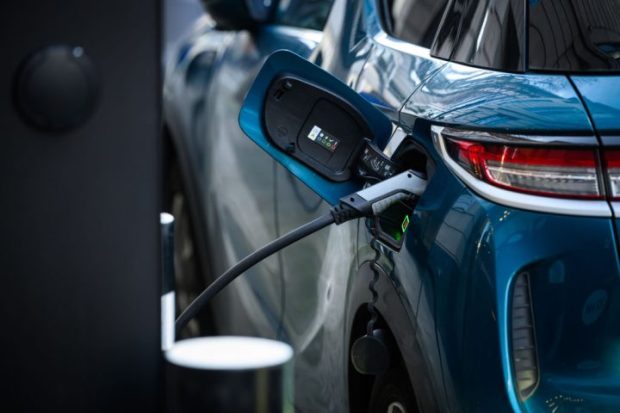Is now the right time to lift all Covid restrictions, as the Prime Minister suggested he might do from 24 February? The news was met with howls of outrage from some quarters. For example, Zubaida Haque, who runs an equality think-tank and serves on the self-styled ‘Independent Sage’, last night tweeted:
‘Ending the legal requirement to self-isolate if you test positive is a clear message to the clinically (extremely) vulnerable and immuno-compromised groups that their lives/health are no longer the concern of the govt or the public. It’s cruel, callous and not based on science.’
But others beg to differ. Irene Peterson, professor of epidemiology at UCL, suggests that ending the legal requirement to self-isolate might, counter-intuitively, be exactly what we need to do at this stage to reduce harm from Covid-19. Her reasoning is that we need 95 per cent of the population to gain immunity through either vaccination or previous infection – and we would be better achieving that before the effect of booster jabs has had a chance to wane. Ending the requirement to self-isolate might increase cases for a while, she wrote online, but ‘then it is likely that we will see the number of cases crashing as there won’t be many susceptible individuals left’. We might still see a resurgence of Covid in the autumn, she adds, and that might require a further booster campaign – but we will be in a better position if we achieve 95 per cent immunity now while we continue to benefit from the last round of boosters.
It is important to add that the government is not encouraging people to mix with people who are infected with Covid, and the official guidance will still be to self-isolate if you test positive. But it will be left to personal responsibility rather than be legally enforced. Equally, throughout the pandemic people have regulated and modified their behaviour without being told to by the government: before the first lockdown was announced on 23 March 2020, data showed how Britons saw the oncoming risk from Covid and decided to limit social interactions. In the days before lockdown was announced, baseline mobility was down by between 30 and 50 per cent.
The Prime Minister hasn’t yet committed to lifting all restrictions at the end of the month and continues to follow the data closely. One of the chief influences on the final decision will be Denmark, which lifted all restrictions on 1 February. It is early days yet, but so far there does not appear to be any resurgence in cases – although in Denmark, positive, symptomatic Covid cases are still asked to self-isolate while asymptomatic people don’t have to. On the contrary, cases seem to be continuing to fall from their recent peak.
Got something to add? Join the discussion and comment below.
Get 10 issues for just $10
Subscribe to The Spectator Australia today for the next 10 magazine issues, plus full online access, for just $10.





















Comments
Don't miss out
Join the conversation with other Spectator Australia readers. Subscribe to leave a comment.
SUBSCRIBEAlready a subscriber? Log in